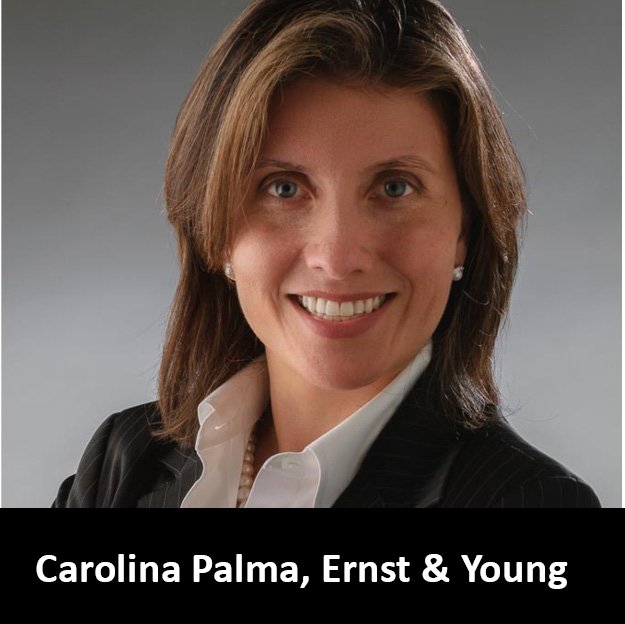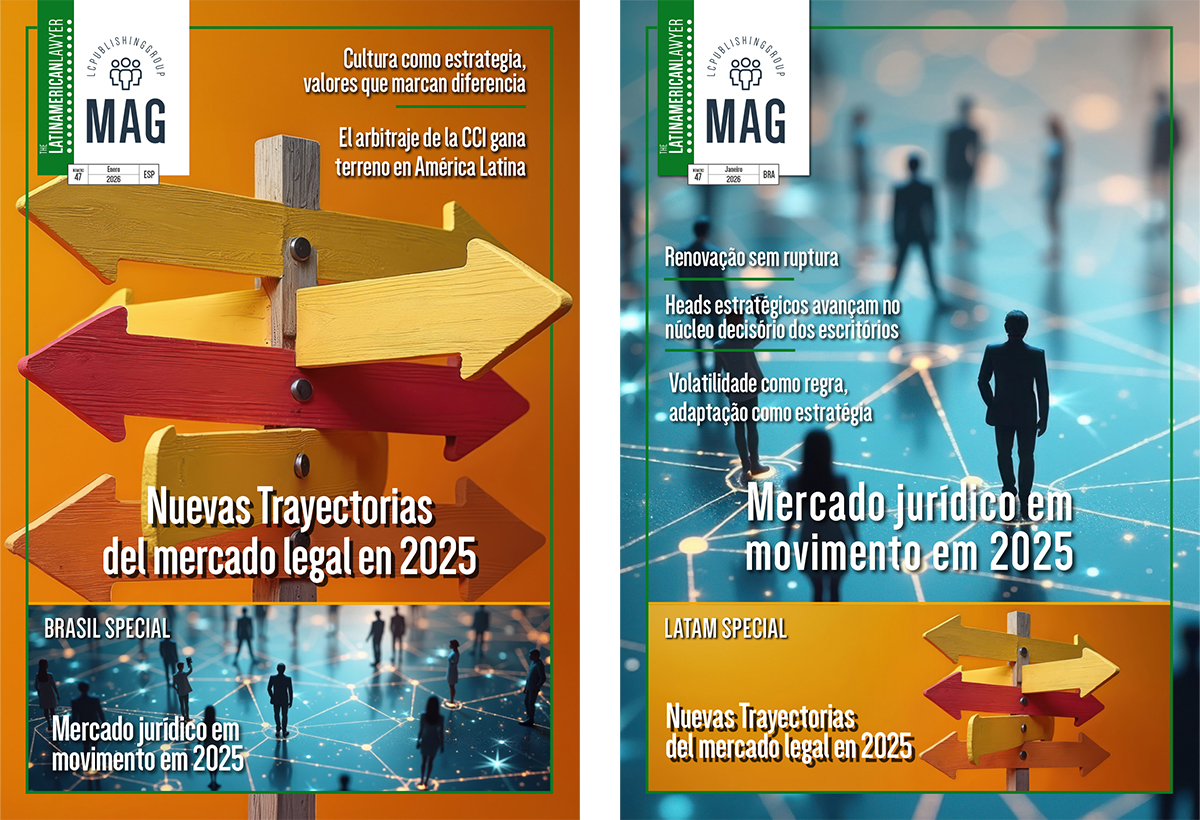NAFTA will lead to surge in employment work for law firms, but offers ‘limited protection’ for foreign investment
Lawyers warn that authorities are seeking to punish companies that try to save money by being non-compliant with NAFTA, or by neglecting employees’ rights.
The renegotiated North American Free Trade Agreement is expected to generate a significant increase in employment work for law firms as clients seek to establish compliant subcontracting structures. The issue of subcontracting is one of clients’ biggest concerns as failure to ensure compliance could result in significant financial costs being incurred. In addition, leading law firms are also warning clients that protection for foreign investment is limited as a result of the agreement. After nearly two years of negotiations, Mexico, Canada and the US agreed on a new trilateral free trade agreement to replace NAFTA in early October. The new deal, dubbed the US-Mexico-Canada (USMCA) agreement, governs around $1.3 trillion of trade between the three nations. USCMA’s provisions include a stipulation that, beginning in 2020, to qualify for zero tariffs, a car or truck must have 75 per cent of its components manufactured in Canada, Mexico or the United States, an increase on the existing 62.5 per cent requirement.
The new trade agreement still has to be ratified by each nations’ legislatures, and obstacles still remain as the US administration is coming under pressure from Mexico and Canada to lift steel and aluminium tariffs imposed earlier this year – Mexico and Canada argue that such tariffs threaten to erode the benefits of the deal for the US’ northern and southern neighbours, and could prove to be a stumbling block to the treaty’s ratification.
Bernardo Sepúlveda Amor, head of the arbitration practice at Mexican law firm Creel, García-Cuéllar, Aiza y Enríquez says: “In matters of protection of foreign investment, USMCA largely copies NAFTA.” However, he warns that, under USMCA, Canadian companies with investments in Mexico or the US will not have access to the USMCA arbitration mechanism, and neither will Mexican or US companies with investments in Canada.
“The USMCA considerably limits protection of foreign investment, as investors will not be able to resort to arbitration to defend themselves from state harassment, abrupt regulatory measures or unjustified cancellations of contracts or permits” he says.
Meanwhile, lawyers are also anticipating a substantial rise in employment-related work. Hugo Hernández-Ojeda Alvirez, a partner at Hogan Lovells in Mexico City, anticipates an increase in workload as USMCA ratifies the signatory countries’ commitments – as members of the International Labour Organisation (the United Nations agency that sets international labour standards) – to workers’ rights to a ‘dignified workplace’. USMCA stipulates labour audits of employers to verify outsourcing structures, among other regulations. “As counsel to employers, and with a vast list of international companies looking to do business in Mexico, we anticipate more client work regarding the commitments made in USMCA,” Hernández-Ojeda Alvirez says.
He adds that it is vital that clients ensure their subcontracting arrangements are in order as this would mean avoiding financial penalties. “We have seen that rather than seeking well implemented subcontracting structures that provide employees with benefits under the law, authorities are rather seeking to collect omitted tax contributions and punish companies that save money either by means of non-compliance, or at the expense of the employees’ minimum rights.” Hernández-Ojeda Alvirez continues: “One of our clients’ hottest topics is the assessment of their corresponding subcontracting structures in order to verify their compliance and reduce contingencies of a fiscal or labour nature,” he adds.
Difficult negotiations
Mexico’s automotive sector, which assembles vehicles for US, Japanese and European automakers – as well as exporting vehicles to its USMCA partners – may have to increase workers’ salaries and benefits packages by up to 600 percent, which will be difficult for companies to negotiate, according to Hernández-Ojeda Alvirez.
Rules of origin for goods manufactured within the free trade area was another issue that led to complications during the the renegotiations.
Opening doors
Carolina Palma, a senior manager in global trade and customs at Ernst & Young, says the new trade deal is much more complex than its predecessor. “Companies will need to seek expert counsel to ensure they comply with the new treaty’s requirements, such as in vehicles’ rules of origin, as companies not complying with the minimum origin requirements will be liable to sanctions,” she explains.
Palma adds: “The level of specialisation of the new treaty means that counsel must be of the highest level of professionalism and precision so that the treaty is a facilitator of trade and companies can reap the maximum benefits from it, but it requires detailed study and analysis. Companies will take advantage of the trade agreement to open doors and possibilities to increase investment, but at the same time face the challenges of applying the agreed regulations.”















